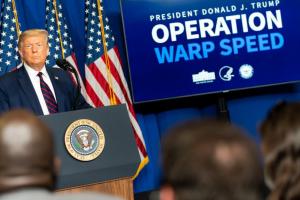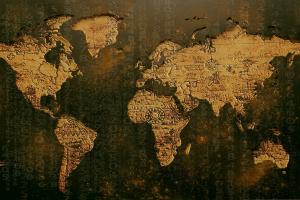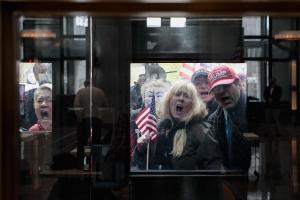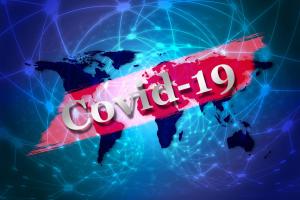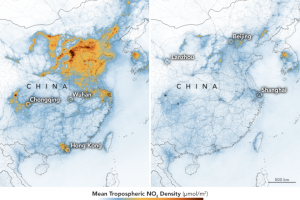Pulse: Spotlight
EconVue Spotlight - Operation Warp Speed October 31, 2020
Halloween weekend seems a good time to try to look past fears about the US elections to the lingering challenges that continue to haunt the global economy. As COVID cases accelerate, the hope that this disease would burn itself out has vanished, and a lasting economic recovery seems to hinge on finding a vaccine. Beyond distribution, costs, vaccine reticence, and logistics, what are the hurdles we face once a preventative inoculation has been found?
How the Chips May Fall - EconVue Spotlight - September 2020
Charles Kupchan has a new book coming out on October 1st about the history of isolationism in the US. Ever since George Washington advised his new country ‘to steer clear of permanent alliances with any portion of the foreign world” the US has historically been a place people went to in order to escape disruption.
No Quiet Monument: EconVue Spotlight
Last weekend I drove through the Skokie Lagoons, just north of Chicago. They are both beautiful and manmade, created literally from the sweat of the Great Depression. Four million cubic tons of soil were removed to form a series of lagoons from the existing marshlands. It was one of the largest public works projects of FDR's Civilian Conservation Corps, employing thousands of men, including three African-American construction companies. Started in 1933, the project took until the beginning of the US entry into World War II in 1941 to complete.
Are We There Yet? EconVue Spotlight - June 2020
Yesterday Peter Navarro declared that the US-China trade deal was dead in the water, which his boss quickly walked back on Twitter. In a world of global threats, should bilateral disputes remain our focus, or are we wasting precious time? As I wrote for the G7 Research Group:
Paradise Regained? - EconVue Spotlight
I had planned to be in Washington last week at the IMF/World Bank meetings, a chance to hear the latest policy debates and catch up with old friends. Not this spring; the meetings were entirely virtual and didn't offer much clarity beyond a dismal forecast for 2020. I have however indulged in a cornucopia of online offerings, some of which I have included below.

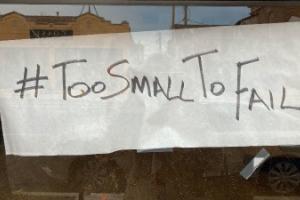
 by
by 